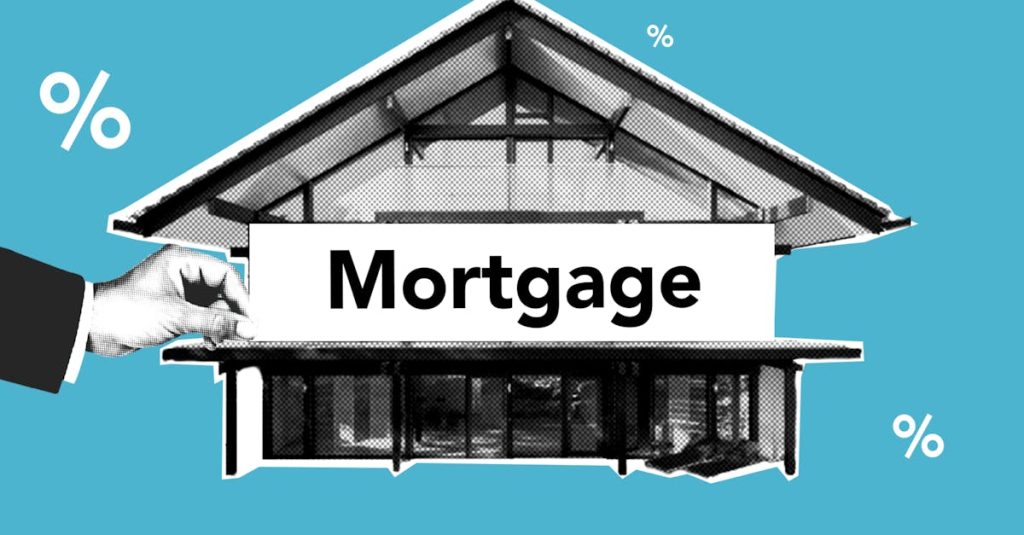Navigating the Post-Pandemic Landscape: A Comprehensive Guide for Small Businesses on Managing Credit Scores, Securing Capital Advances, and Mastering Digital Cash Flow Tools amid Current Inflation Trends
Estimated Reading Time: 8 minutes
- Understand the impact of inflation on small businesses.
- Explore SBA loans and working capital advances as financing options.
- Utilize digital cash flow management tools for better financial health.
- Learn strategies to improve your business credit score.
- Stay informed about economic trends and financing opportunities.
Table of Contents
- Understanding How Inflation Impacts Your Small Business
- Are SBA Loans Still Viable in an Inflationary Market?
- Working Capital Advances as a Hedge Against Inflation
- Digital Cash Flow Management Tools in the Age of Inflation
- How to Improve Business Credit Score in a High-Inflation Environment
- Practical Takeaways for Business Owners Exploring Financing
- Conclusion
Understanding How Inflation Impacts Your Small Business
Inflation has been a hot topic since the COVID-19 pandemic, and it continues to influence the global economy. Currently, the inflation rate in the U.S. hovers around 3.7% as of early 2025, which is down from previous peaks but still significant (Source: U.S. Bureau of Labor Statistics). This persistent inflation impacts various aspects of small business operations:
- Increased Costs: Raw materials, labor, and operational costs are rising, squeezing profit margins.
- Cash Flow Challenges: With prices increasing, businesses may find it harder to manage cash flow, as higher costs can lead to delayed payments from clients.
- Interest Rates: In response to inflation, the Federal Reserve may raise interest rates, affecting borrowing costs and access to credit.
For small business owners, understanding inflation’s impact cannot be overstated. It is essential to adapt strategies that allow for flexibility and resilience in this fluctuating economic environment.
Are SBA Loans Still Viable in an Inflationary Market?
The Small Business Administration (SBA) loan programs have long been a go-to option for entrepreneurs seeking financial assistance. However, small business owners often wonder about their viability in an inflationary market.
SBA Loan Benefits:
- Lower Interest Rates: Compared to traditional loans, SBA loans often provide lower interest rates, making them an attractive option even amidst rising rates.
- Extended Repayment Terms: SBA loans come with longer repayment schedules, which can help buffer the impact of inflation over time.
- Diverse Application Use: From working capital to equipment purchases, SBA loans cater to various funding needs.
Despite the challenges posed by inflation, SBA loans remain an effective financing option. However, it is crucial for business owners to stay informed about the changing lending landscape and to have a robust financial plan that accounts for potential interest rate hikes.
Working Capital Advances as a Hedge Against Inflation
While traditional SBA loans are a solid option, many small businesses are turning to working capital advances as a more flexible and accessible funding solution. A working capital advance allows businesses to receive cash upfront in exchange for future sales, making it a valuable tool to combat inflationary pressures.
Why Consider Working Capital Advances?
- Quick Access to Funds: Unlike conventional loans that can take weeks to process, working capital advances can provide cash within days.
- Flexible Repayment: Repayments are based on daily credit card sales, allowing businesses to manage expenses during slow sales periods.
- Support During Growth: If a business is expanding, a capital advance can provide necessary funds to seize growth opportunities promptly.
In a landscape marked by inflation, leveraging a working capital advance is a proactive way to maintain liquidity and ensure that businesses can scale despite economic pressures.
Digital Cash Flow Management Tools in the Age of Inflation
In today’s fast-paced economic environment, managing cash flow has never been more critical. Fortunately, digital cash flow management tools are becoming essential for small businesses seeking to streamline operations and optimize financial health.
Top Digital Tools to Consider:
- Accounting Software: Tools like QuickBooks or Xero provide real-time visibility into financial health, helping business owners track expenses and income effectively.
- Cash Flow Forecasting Tools: Applications such as Float or PlanGuru enable businesses to project future cash flow, making it easier to navigate inflationary pressures.
- Invoicing and Payment Solutions: Platforms like Square or PayPal allow for quick invoicing and payment processing, reducing lag time and improving cash flow.
By utilizing these tools, business owners can gain better control over their finances, allowing for informed decision-making even during inflationary periods. Investing in technology can pave the way for smoother operations and enhanced growth prospects.
How to Improve Business Credit Score in a High-Inflation Environment
Maintaining a strong business credit score is crucial for accessing favorable financing options. However, in an inflationary environment, many entrepreneurs find their credit scores impacted due to increased reliance on credit and external financing.
Strategies to Improve Credit Scores:
- Timely Payments: Ensure all bills, loans, and credit obligations are paid on time to maintain a positive payment history.
- Monitor Utilization: Keep credit utilization below 30% of available credit to positively influence your score.
- Diversify Credit Types: Having various types of credit, including revolving lines of credit and installment loans, can enhance your credit profile.
Improving your business credit score is especially important during inflation, as lenders may scrutinize credit profiles more closely amid economic instability. By taking proactive steps to bolster your creditworthiness, you bolster your chances of securing financing that supports your business’s growth.
Practical Takeaways for Business Owners Exploring Financing
- Stay Informed: Continuously monitor economic trends and understand how they affect your business financing needs.
- Explore All Financial Options: Whether it’s working capital advances or SBA loans, examine all available financing avenues to find what works best for your situation.
- Utilize Technology: Leverage digital tools for cash flow management that can provide insights and help mitigate the challenges posed by inflation.
Conclusion
As small businesses continue to navigate a post-pandemic landscape rife with inflationary pressures, being proactive and well-prepared is essential. By understanding the impacts of inflation, exploring diverse funding options, embracing digital cash flow tools, and improving credit scores, business owners can ensure their companies remain resilient and competitive.
For more tailored advice on navigating these financing options or to speak with one of our funding experts, visit us at bigthinkcapital.com. We are here to help you secure the funding solutions you need to thrive in today’s dynamic market.
FAQ
Q: How can inflation affect my business?
A: Inflation can lead to increased costs, cash flow challenges, and changes in interest rates, which can affect your overall business operations.
Q: Are SBA loans still a viable option?
A: Yes, SBA loans often offer lower interest rates, extended repayment terms, and can accommodate diverse financial needs even in an inflationary market.
Q: What are working capital advances?
A: Working capital advances provide cash upfront in exchange for a percentage of future sales, helping businesses maintain liquidity.
Q: How can I improve my business credit score?
A: Timely payments, keeping credit utilization low, and diversifying credit types are effective strategies to enhance your credit score.






